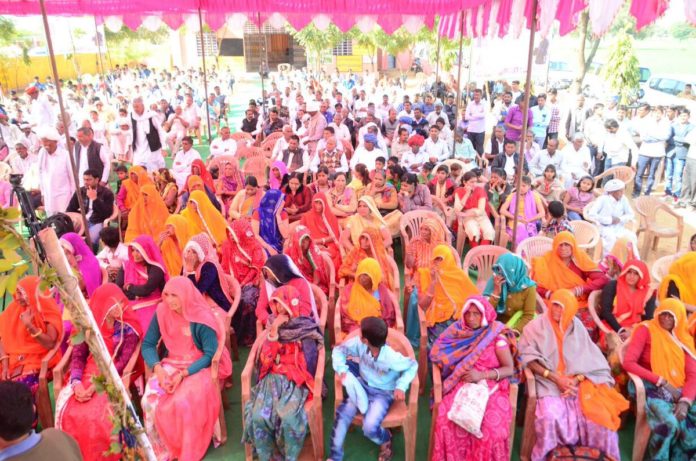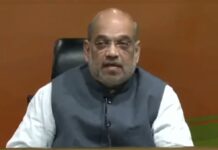India is expected to go back to the polls for the eight state legislative assemblies. These elections are vital to the ruling NDA alliance which is dominated by the BJP. The assembly elections are also crucial to next years’ national parliament elections. Apart from its fundamental aspects, the ruling government is likely to use the 2018/19 Budget as a leveraging instrument to woe voters classified as rural area voters, and small businesses. The budget will be read on Thursday by the Finance Minister.
The national budget is a key stimulus to the economy for it allocates to the different sectors responsible for the economic growth and the rate at which it grows. While at the World Economic Forum in Davos, the Prime Minister, Narendra Modi informed the attendees that India plays the role of a model of political openness and economic growth. He reiterated that India is targeting to be a $5 trillion economy by the year 2025. His statements came contrary to the situation at hand when the government had to revise their targeted Gross Domestic forecast lower to 6.5% for the year ending March 2018. Analysts attribute the phenomenon to a slowed down economy due to the introduction of chaotic nationwide goods and service tax (GST).
Mechanisms Ruling Party May Include in Budget
Indian politicians, especially from the NDA alliance, are facing voter discontent over the falling farm incomes and high employment rates for the youth entering the labor force. A striking observation is that the BJP part barely scraped the votes in the recent Gujarat state elections. It sends them a worrying signal hence the likeliness to appease discontent voters with the budget. The discontent voters are pegged to be in the rural regions of India.
A possible outcome would be that the Finance Minister, Arun Jaitley will appropriate more funding to rurally based programs. These programs include the jobs guarantee scheme, crop insurance plan, and the rural housing plan. Given the nature of secrecy on government-proposed budgets, an official was only able to assert that the budget strongly hinges upon job creation and economic growth.
The official also hinted that farmers are likely to get more incentives. Small businesses in India form the core support base of Modi’s BJP. They are hurting as a result of the GST introduction with it cumbersome compliance procedures coupled with the demonetization policy introduced in 2016.
Because of these limiting factors, the government is likely to consider incentives for rural and small business voters.




